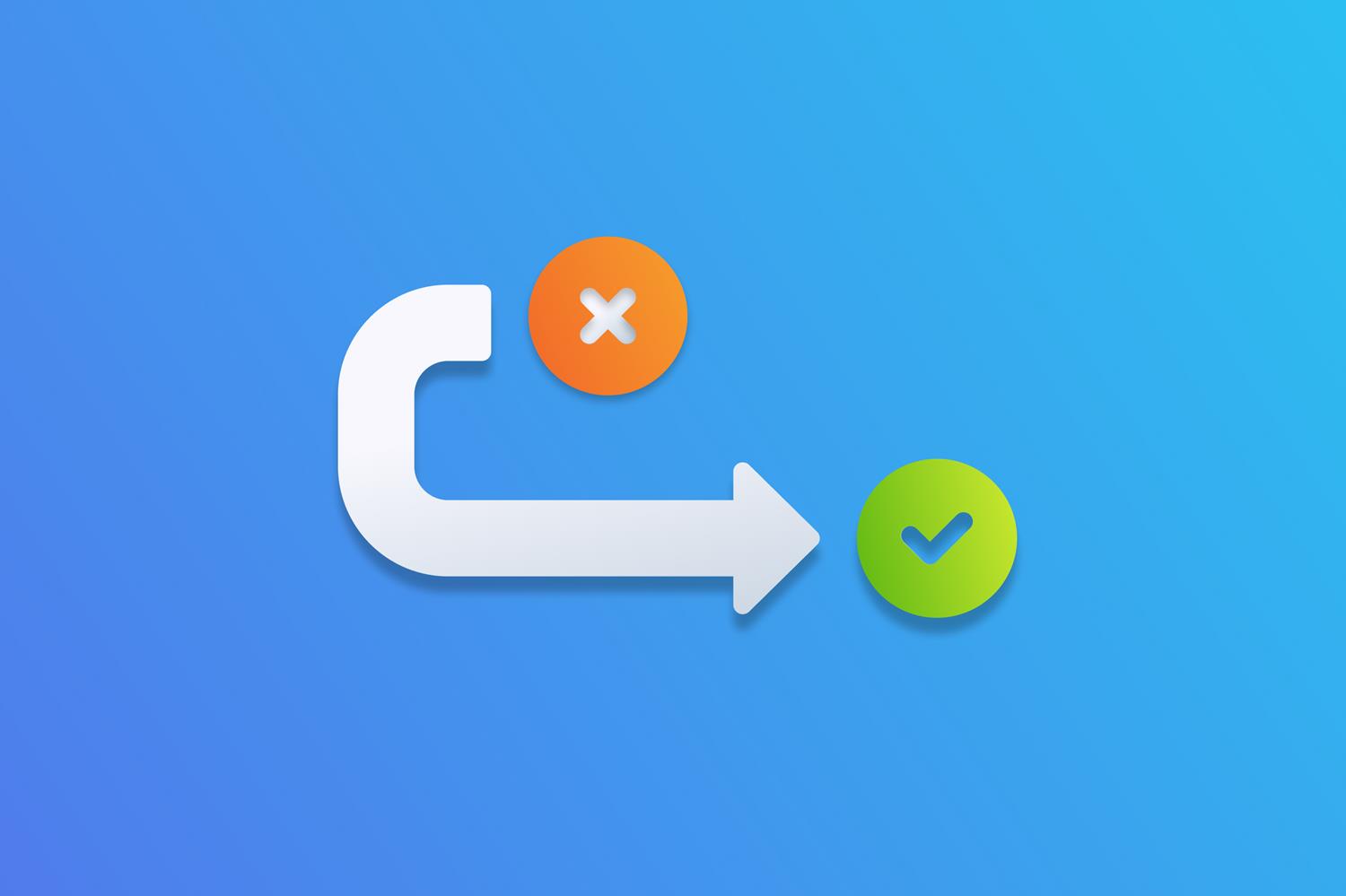«On one hand, Business Analyst combines the qualities of a thoughtful person who is able to work with large volumes of information. On the other hand, they must be communicative, easily establish contact and write clear instructions», says Daniil Tkachev, EPAM Lead Business Analyst, about his profession. We asked Daniil what does Business Analyst do on a project, whether they should be able to program and what does it take to learn Business Analysis.
Who is Business Analyst and what do they do on a project?
In IT, there is an idea of a Business Analyst as a person who answers questions about what and why to do on a project.
Let’s say a customer asks to create an online store website. To design it correctly, you have to ask many questions, including the key ones: «Why do we need this site? What goals do we want to achieve?» Business Analysts study business processes on the customer's side step by step to answer practical questions, like "What will the site sell?", "How many unique pages should we create?", "What kind of payment systems will be supported?", "How should the customer map look like?".
At each stage, answers need to be carefully analyzed. Then you need to think and describe the solution. The result of such an analysis will be documentation that describes how the final system should work. This is what a Business Analyst does. They start working from the moment a customer appears and until a detailed document describing the operation of the final system is created. However, there may not be a single document — oftentimes, the analysis continues in parallel with the development, and the requirements for the system are distributed across many documents.
Business Analyst must make sure that what is needed has been done, and it meets the customer's goals.
Should an analyst be able to program?
The ability to program is an optional skill for a Business Analyst. However, it will be useful to understand how programs are created, at least at a general level.
Does Business Analyst have to translate customer requirements into language that developers understand?
Often novice analysts make a mistake: they think that their task is to broadcast what some project participants have said to others. The customer said to me — I tell you. But the main thing in the work of a Business Analyst is the analysis of what the received information. The information reported is either incomplete or redundant, often contradictory. And it requires thoughtful study. Structuring information and extracting key points for the project is the task of an analyst.
The task of a Business Analyst is to sort everything out, control everything and make sure that everything is done well.
What qualities do business analysts need?
- It is important to be sociable and strive to establish contact. The success of a Business Analyst depends on this. You need to be open to people around you, try to build the most effective and pleasant relationships with them.
- Business Analyst should be able to quickly dive into a new area across different projects: today you work with a photo processing system, tomorrow — with a video player, and the day after tomorrow — with a financial system.
- It is important to be able to reason, structure your thoughts, express them clearly not only in words but also in the form of documents and texts.
Business Analyst possesses qualities that enable him/her to communicate effectively and to build interaction between all project participants.
Is English a necessity or a nice bonus?
You can start working as a Business Analyst without strong English. For example, when working in a specific company and within the local scope of projects. But in a long-term view, building a successful career without good English is impossible. You would be extremely limited in your choice of a company and projects. Even if you do not need to communicate with a customer or a team in English, most of the relevant literature is written in English.
If you want to develop professionally, English is required.
How is Business Analysis training organized at EPAM?
Depending on the location, the training conditions may vary. But in general, the courseis arranged like this:
- The first stage (lectures) lasts 3-4 months. The lectures give a well-rounded theory of business analysis.
- In parallel, students perform practical tasks: they write documents, draw up diagrams, conduct interviews with «customers», conduct brainstorming sessions.
- From time to time, they take tests to check the understanding of a new material. Based on the results of lectures and practical classes, candidates for further internships are determined.
- Such candidates are assigned to educational projects. An educational project is a «sandbox» in which novice analysts try themselves in a new role, create a prototype of an product, train.
- After that, those who have performed well on educational projects are gradually transferred to real projects at EPAM.
What books to read to become a professional?
Software Requirements by Karl Wiegers. Many analysts start their way with this book. It is desirable to read it before the interview because you will get an overall picture of who is Analyst and what do they do. Following Wiegers, it is recommended to study BABOK (Business Analysis Body of Knowledge) at least in general terms — this is the body of knowledge of Business Analysis. The book collected basic practices, methodologies, terms, stages of Business Analysis development. After completing this book, you will not learn to use all the tools, but you will understand what the tools are, what's the common terminology. And then you can go look for information in the article Business analysis: self-study materials.
It is important not to read the right book, but to be able to look for information on your own. You have to be ready to study a dozen articles on one topic until you have a clear picture.
Are you interested in Business Analysis career and want to learn with the help of experienced mentors? Then register for free Business Analysis educational programs at EPAM!








